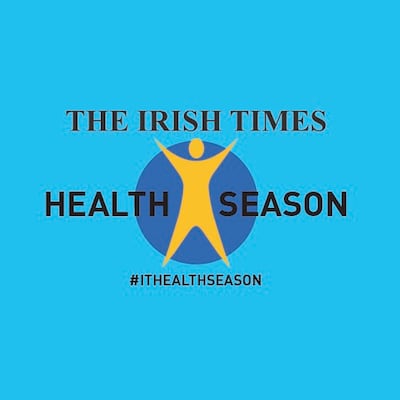When a leading cardiologist states that a research outcome is “a big deal” it suggests we sit up and take note. Dr John Mandrola told readers of the Sensible Medicine blog that “when the primary investigator showed the main results slide of the SELECT trial here at the American Heart Association meeting there was applause”.

You don’t get that kind of reaction too often, especially among the hardcore regulars at a major scientific meeting. So what did SELECT tell us?
The trial looked at the drug semaglutide, one of the recent “breakthrough” drugs in the treatment of diabetes that have soared in popularity due to their ability to also induce significant weight loss. In SELECT the injectable glucagon-like peptide 1 (GLP-1) agonist semaglutide was studied against placebo in more than 17,000 obese or overweight patients who had existing heart disease. The investigators looked for changes in the rate of stroke, heart attack and death from cardiovascular causes among patients in the trial. Patients were aged in their early 60s with an average body mass index (BMI) of 33.
Some 6.5 per cent of treated patients experienced a cardiovascular event, compared with 8 per cent in the placebo arm. This 1.5 per cent absolute risk reduction is the equivalent of a 20 per cent relative risk reduction. And semaglutide treatment resulted in weight loss – some 8.5 per cent more than for those taking a placebo. Overall death rates were nearly 1 per cent lower in the semaglutide arm of the trial.
READ MORE
Ozempic is the trade name for semaglutide when used to treat diabetes. Wegovy is the commercial name for the drug when prescribed for obesity. Both are administered as once-weekly injections. Wegovy has created something of a frenzy over the last few months following celebrity endorsements and widespread media coverage. There is now a worldwide shortage of the drug.
Being overweight or obese increases a person’s risk of a range of diseases, including heart disease, stroke, various types of cancer, type 2 diabetes, osteoarthritis, sleep apnoea and depression. If a weight-loss jab can reduce the prevalence of all of these diseases becomes a powerful panacea and the impact on public health could be huge.
But no medicinal drug produced by man is without side effects: Ozempic/Wegovy is no different. In the SELECT trial adverse events leading to stopping the drug occurred in 16.6 per cent of those taking semaglutide compared with 8.2 per cent of those given placebo. Most of these were gastrointestinal side effects. Some were quite serious, including pancreatitis and bowel obstruction. So for all the popular clamour for the new medication it is no harmless Smarty.
The original trials examining the efficacy of GLP-1 agonists for weight loss were not designed to capture these events due to small sample sizes and short follow-up. However, researchers from the University of British Columbia in Vancouver examined gastrointestinal adverse events associated with GLP-1 agonists used for weight loss in a clinical setting.
They found the incidence of biliary disease (per 1000 person-years) was 11.7 for semaglutide, and 4.6 for pancreatitis with the same drug. Rates of bowel obstruction were also higher. Reporting their findings in JAMA, the researchers wrote: “Given the wide use of these drugs, these adverse events, although rare, must be considered by patients who are contemplating using the drugs for weight loss because the risk-benefit calculus for this group might differ from that of those who use them for diabetes.”
Another reason to be cautious is that many unscrupulous vendors are selling illegal versions of semaglutide online. Do not be tempted to buy it from one of these vendors – you could do your health serious harm.
With some 52 per cent of the world’s population either overweight or obese, the potential for GLP-1 agonists to make a seismic difference to public health is enormous. But a bit less hype and a good dose of caveat emptor would help.











